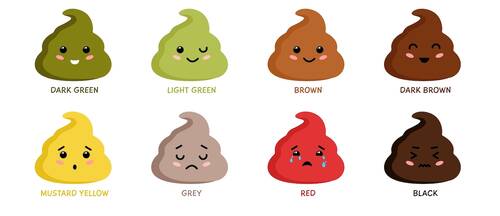Blood pressure is the movement of blood around the circulatory system in the body. It is vital to life as it allows immune cells, oxygen, and nutrients to be delivered to tissues and toxic waste products to be removed from the body.
How do I measure my blood pressure?
Determining blood pressure is based on the division calculation of two numbers:
-
Top number (systolic pressure): pressure in your arteries when your heart beats
-
Bottom number (diastolic pressure): the pressure in your arteries between beats
Both are measured in millimetres of mercury (mmHg). The ideal blood pressure measures at 90/60mmHg and 120/80mmHg.
It is usually confirmed as part of a routine doctor’s appointment using an arm cuff called a sphygmomanometer. It is advised that adults over 40 years old get their pressure checked every 5 years and children aged 3 and older to get their blood pressure measured yearly
(American Heart Association, 2021)
Note: a diagnosis of blood pressure must be evaluated and confirmed with a doctor or a medical professional
What is hypertension?
A long-term high force of blood is referred to as hypertension. Blood pressure is considered hypertensive if it measures at 140/90mmHg or higher.
It is a common condition with little to no side effects with very few people experiencing headaches, nosebleeds, and shortness of breath but it is rare and mostly occurs when blood pressure has been left untreated and has reached a dangerous level.
There are a number of factors which can contribute to the risk of increasing your blood pressure, these include:
-
Excessive intake of salt
-
Smoking
-
If you are 65 years or older
-
Lack of exercise
-
Sleep apnea
-
Thyroid problems
-
Family history
The excessive pressure and stress on your blood vessels in the circulatory systems increases the amount of damaged. If left untreated, hypertension can increase the risk of a lot of major conditions such as:
-
Heart failure
-
Heart attack
-
Kidney disease
-
Stroke
-
Vascular dementia
Can my blood pressure be too low?
On the other hand, your blood pressure also becomes a concern when it becomes too low (90/60mmHg or below). This is called hypotension. It is more common within older adults or in younger people who are very physically active.
Common symptoms include:
-
Dizziness
-
Fatigue
-
Blurred vision
-
Trouble concentrating
How can I maintain a healthy blood pressure?
For most, lifestyle factors are the easiest and cheapest way to control blood pressure. These are:
-
Maintain a healthy body weight
-
Eat a balanced diet
-
Manage stress
-
Quit smoking
-
Engage in exercise or physical activity












